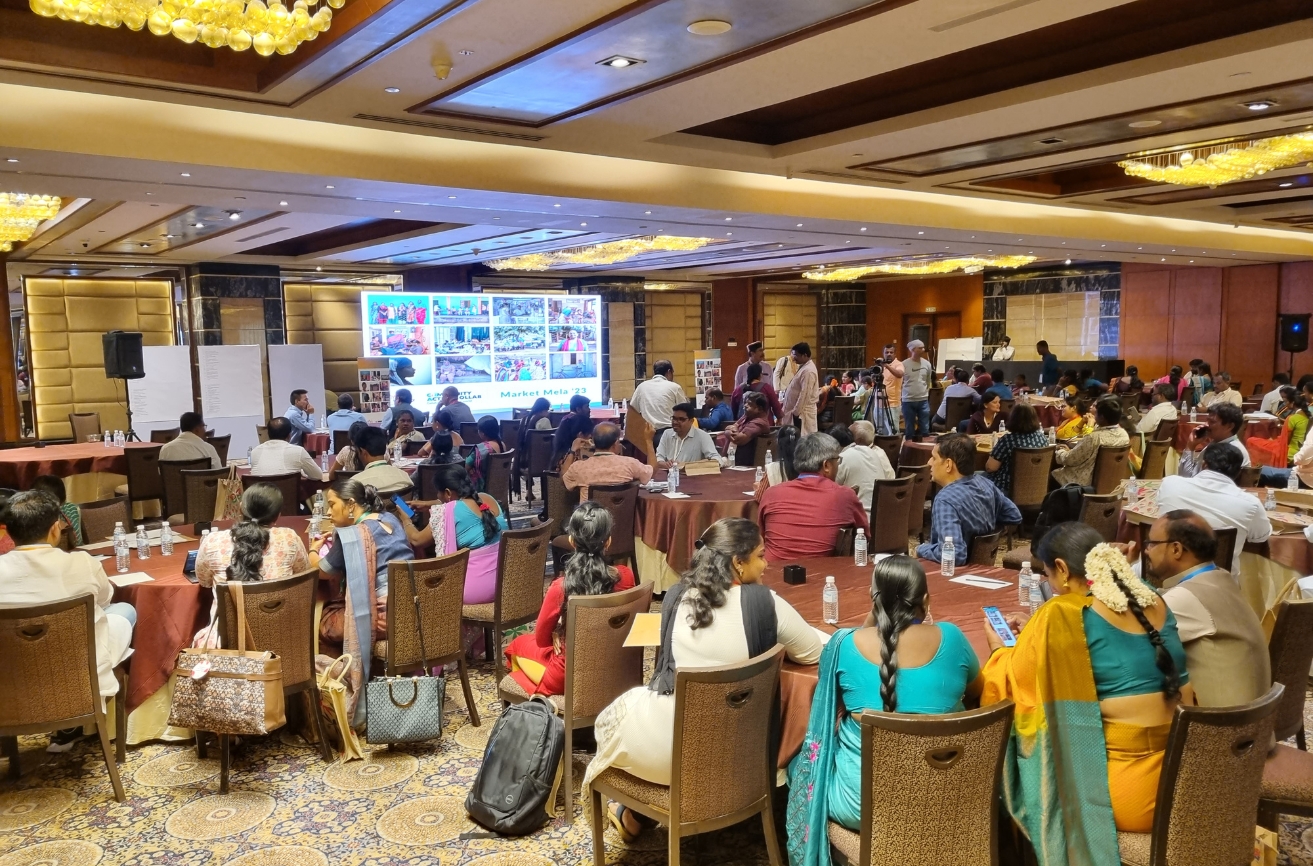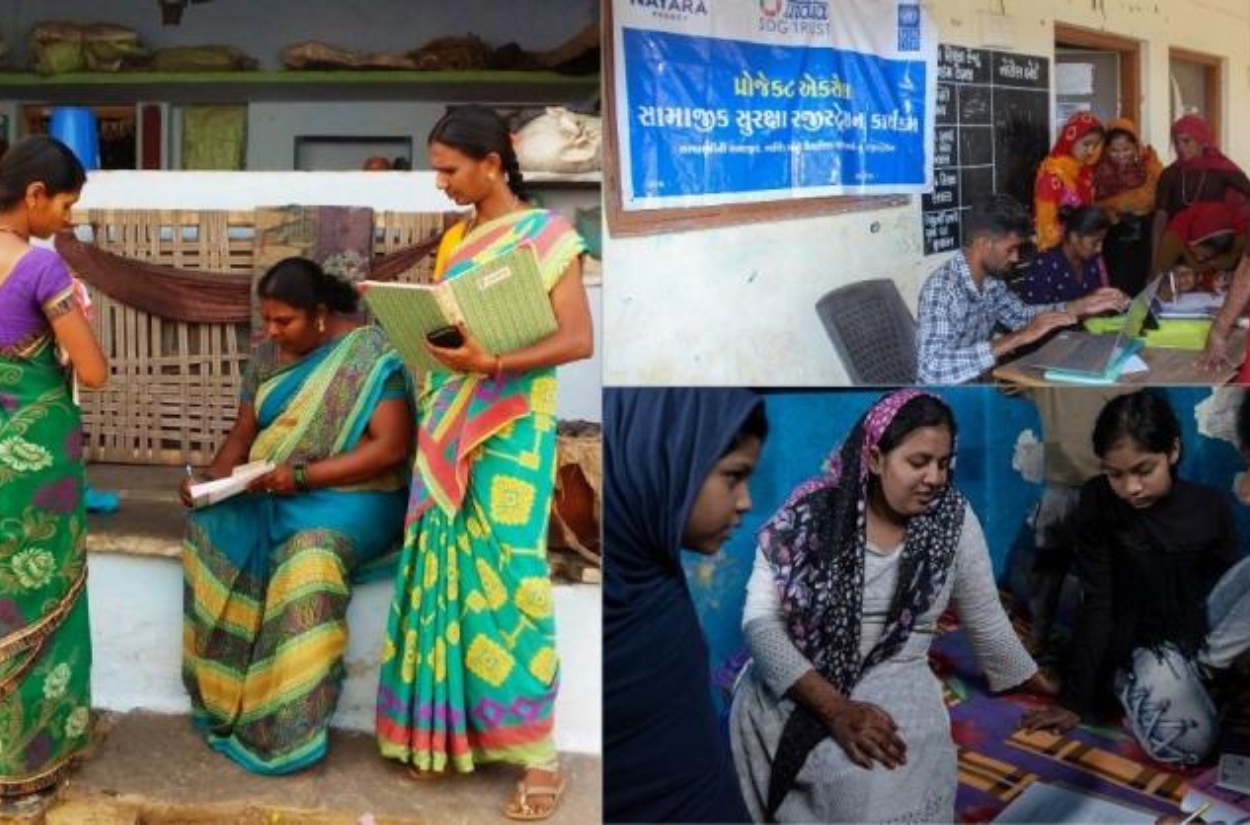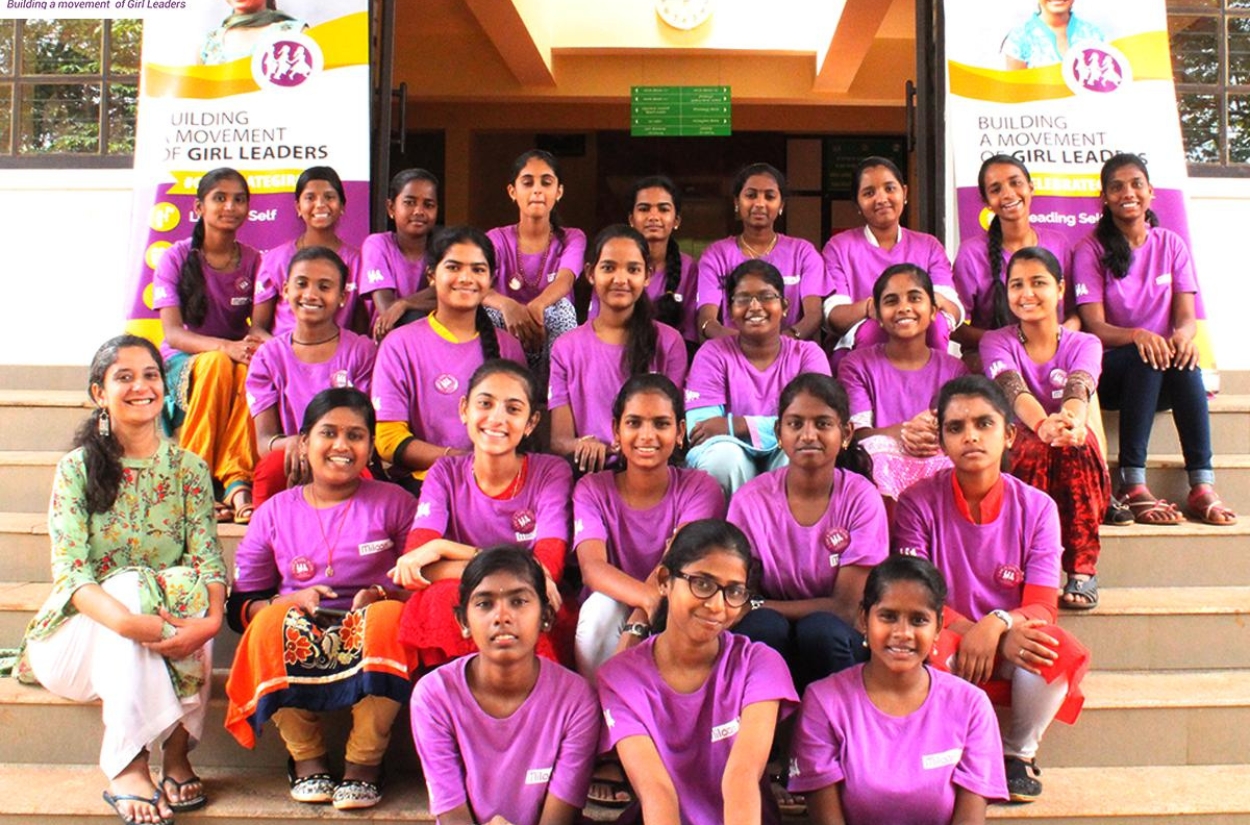CONTEXT FOR THE PHICUS ENGAGEMENT
With HAQDARSHAK poised for audacious and ambitious growth over the next few years, the organization was looking to prepare its second line of leaders for this growth journey. They were keen to design a leadership development program that would equip their second line of managers (AVP and Sr. Manager levels) with the desired skills and attributes to take on roles of significant responsibilities. In this context, Phicus was invited to design and facilitate this development journey.
THE COLLABORATION
Through preliminary conversations with senior leaders, Phicus gained knowledge about the organization’s context, its work and the role of the second line. A sample set of potential programme participants were interviewed to understand their role, their challenges and their understanding of the organization’s strategy. This initial diagnosis resulted in crafting of the program coverage around 4 key pillars – Leading Self, Leading Teams, Leading Functions/Departments and Engaging Stakeholders. Critical skills under each of these pillars were defined in the form of behaviours to create a skills framework.
The participants initiated their leadership development journey by gathering 360-degree feedback from their peers, manager and subordinates. Additionally, to understand their personality and preferences better, they responded to a psychometric test (SHL’s Occupational Personality Questionnaire). A Phicus coach worked with each participant individually to help interpret both the 360-degee and the psychometric report and arrive at an individual development plan. Thereafter over 6 months, the cohort of leaders went through a monthly skill building module, with 2, in-person workshops (2 days each) at the start and end of the journey, interspersed with 4 online workshops (3 hours each). The journey ended with a Phicus Coach holding individual conversations to gather insights, offer support and review progress of action plans created.
GOING FORWARD
Through the 6-month journey with the cohort of leaders, there were several patterns that emerged, which deepened our understanding of the context at HAQDARSHAK - one significant one being severe bandwidth issues that the second line of leaders were experiencing on account of their ambitious growth. While development journeys of this nature do go a long way in enabling the ‘individual’ to start experiencing behaviour change, the environment in which they operate also needs to be bolstered to offer the right setting in which that behaviour change needs to take place. The senior leadership has taken cognizance of this fact and we hope that Phicus will be able to continue its engagement with Haqdarshak in sustaining the great start that has been made through this journey.










